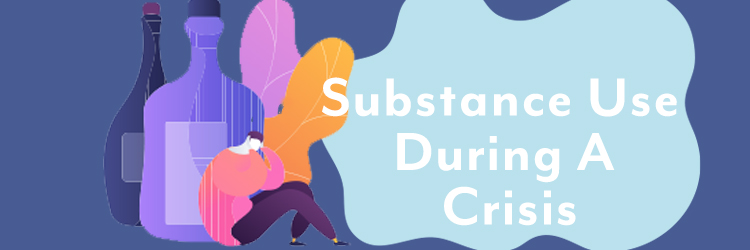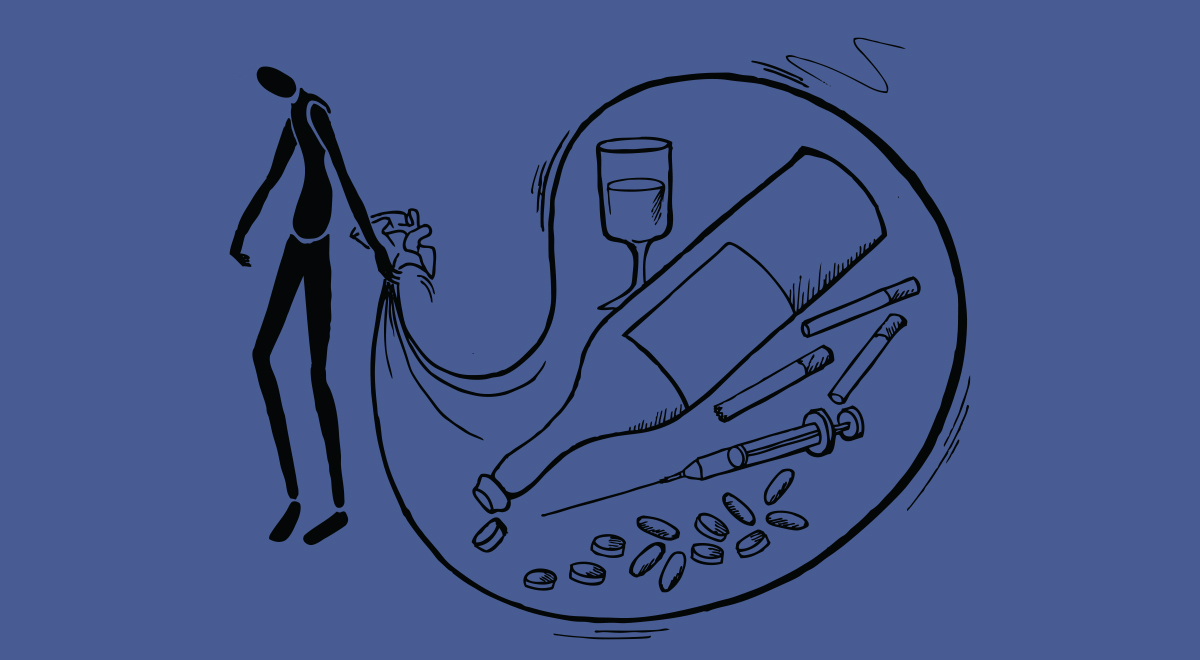[vc_row][vc_column][vc_column_text]With every natural disaster or public health emergency, there is a ripple effect. Apart from the threat of COVID-19 itself, a lot of people are unable to work. Many small businesses are struggling. Liquor stores remain open to prevent mass withdrawal—staving off a different potential effect of this virus.
Yet another concerning fact: history tells us substance use increases in times of crisis. One study found a 25% increase in alcohol use among New Yorkers living in the areas closest to the 9/11 attacks. 15% of Oklahoma City bombing survivors reported drinking alcohol to cope. Among Hurricane Katrina survivors, there was a 29% increase in drug use.
Unfortunately, this crisis seems to combine a lot of risk factors for increased substance use. Fear, uncertainty and sadness are high. Many people, even those who don’t have a previous Substance Use Disorder, may feel a strong urge to numb these feelings. Isolation is also known to be detrimental to recovery.
Luckily, many 12-step meetings across the country are moving online. This helps keep people connected to sober support systems.
But there are also those who are now stuck in unsafe environments. As domestic violence organizations have pointed out, quarantine can be dangerous for people who live with an abuser. According to the American Society of Addiction Medicine, substance abuse is involved in 40-60% of cases of intimate partner violence.
We need to be prepared—and have the resources for—all the ways COVID-19 might affect people’s health and well-being. This includes physical as well as mental health.
We don’t yet know the full impact this pandemic will have on overall substance use and mental health in this country. But I hope that us sober people continue to stay connected, reach out to our support systems, and ask for help if we need it. Now, more than ever, is a time for us to prioritize our recovery.
If you need help, TruHealing Centers are open and here for you. At our recovery centers across the country, we offer treatment for substance use and co-occurring disorders. We will create an individualized treatment plan and help you build the skills to thrive in long-term recovery. You are not alone. If you are struggling, call an admissions specialist at 410-593-0005.[/vc_column_text][/vc_column][/vc_row]









